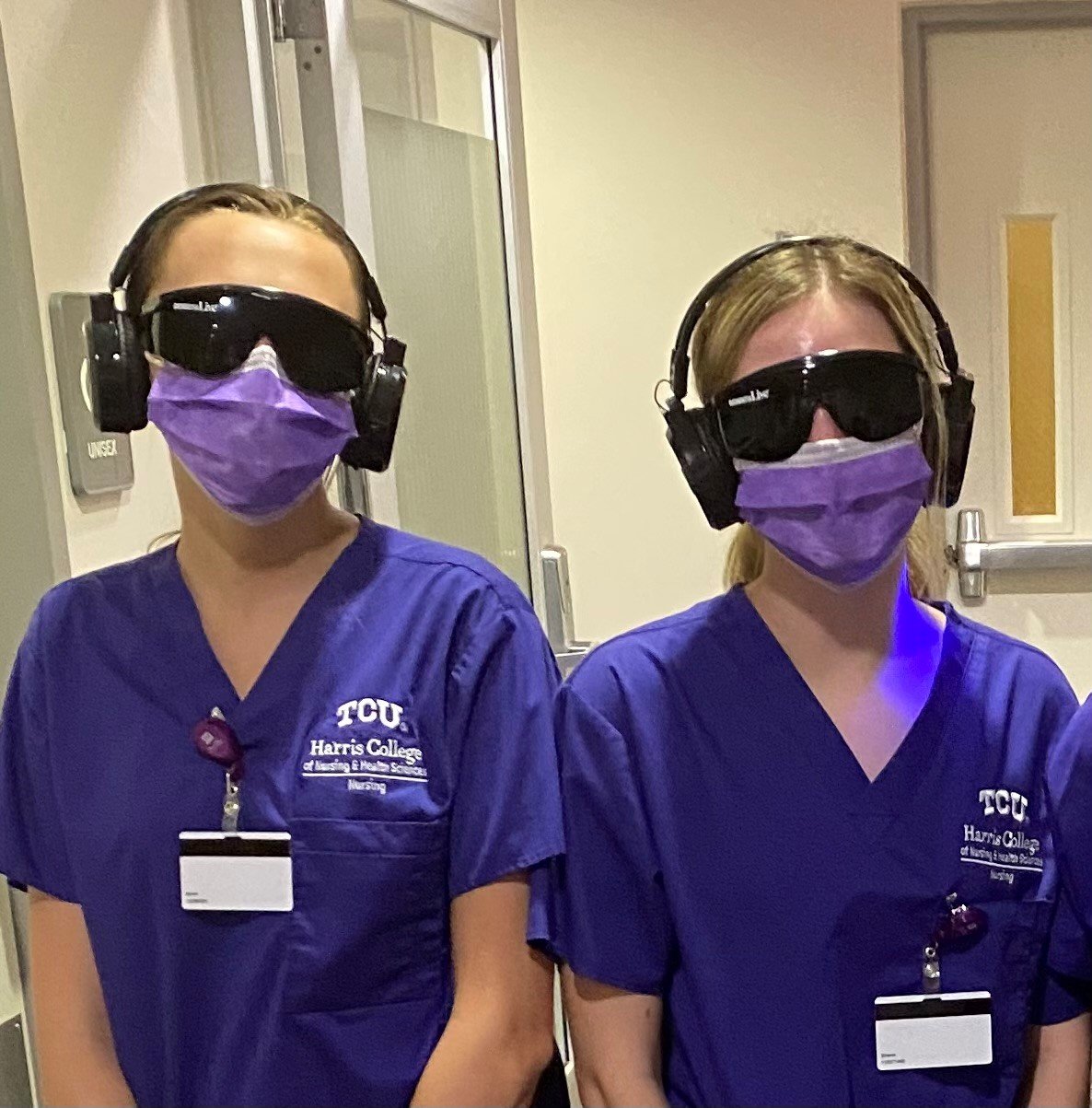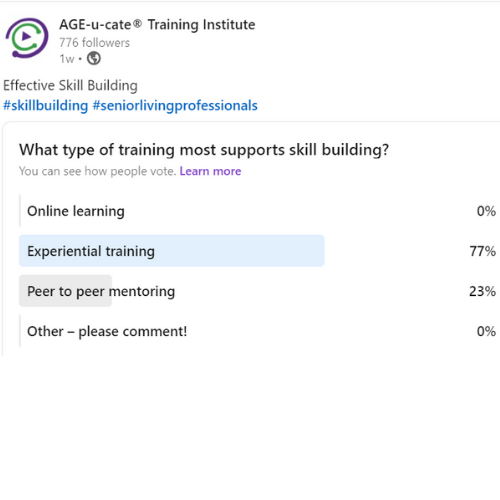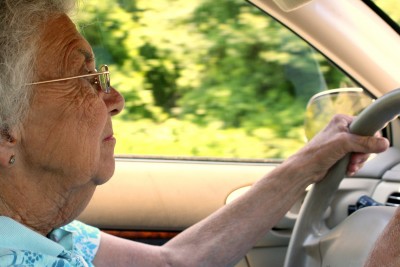Is Your Dementia Program Community Facing?
Posts about:


"Preparing our healthcare professionals to work with the aging population must include quality dementia training. We've found the gold standard with Dementia Live🅡", Michelle Kimzey, Ph.D., Assistant Professor, Texas Christian University Harris College of Nursing and Health Sciences.

The team here at AGE-u-cate recently ran a poll on this very question. Of the following options, including online learning, experiential training, peer-to-peer mentoring, and "other". The clear winner was experiential training, coming in at 77%, followed by peer-to-peer mentoring at 23%.

What's it really like to live with dementia? To cope with the anxiety, embarrassment, feelings of loss and hopeless that can so often accompany the progression of dementia. There are far too many caregivers today who are struggling with truly understanding the depths of living with cognitive decline and sensory changes. Instead caregivers try to cope with what's on the surface. Transformation takes place when caregivers change how they think, feel and act!

Responding to challenging behavior for people living with dementia is often the greatest triggers of stress, helplessness and frustration for professional and family caregivers. Learning to be an effective dementia care detective incorporates knowledge of behavioral expression and having effective tools to respond, reassure and comfort.

According the Insurance Institute for Highway Safety, seniors age 80 and older have the highest rate of fatal crashes per mile driven - even high than for teens. As our aging population rapidly increases, the driving dilemma is most certainly everyone's business and a problem that must be addressed at many levels.